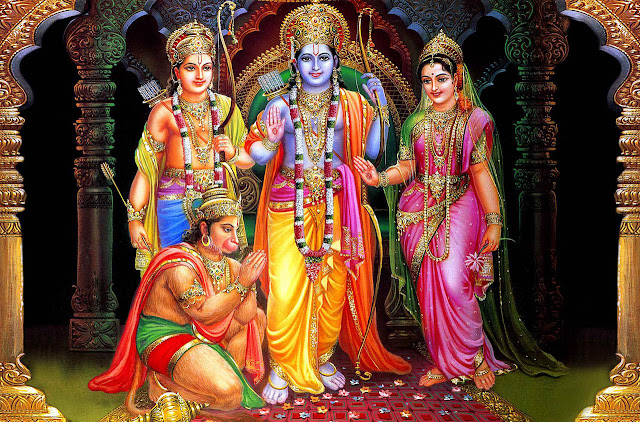Papamochani Ekadasi
This Ekadasi Vrat is the last of the 24 Ekadasi vrats in a Hindu year. This Ekadasi falls on the 11th day of the waning phase of the moon. Observing a vrat on Papamochani Ekadashi is highly significant as a sincere devotee can get rid of all his sins committed so far.
Observing Vrat :
Legends revolve around a sage named Medhavi who was a loyal devotee of Lord Shiva. This sage was performing Tapas (austerity) in a forest called Chaitraratha, well-known for bearing beautiful and aromatic flowers. In addition, Indira, demigods, apsaras, and other heavenly beings often visited the forest. Often the apsaras and damsels of heaven made several attempts to interrupt the meditation of the sage but in vain. Eventually, an apsara named Manju Ghosa betted upon disturbing the sage’s meditation. Thus, she built a hut close to the sage’s place and started playing the veena along with singing songs.
Soon, the sage set out in search of the song and found the gorgeous Manju Ghosa. On sighting the sage, Manju immediately applied sandalwood paste and wore beautiful flowers. Overwhelmed by the beauty of the apsara, the sage finally lost his concentration and gave up on the apsara. After leading a married life for years, Manju lost interest in the sage and thought of leaving. At this point, the sage regained his senses and realized that he had been tricked. Annoyed, the sage cursed the apsara and turned her into a witch. Depressed and saddened, the sage returned back to his father Sage Chyavana, and narrated the entire tale.
Sage Chyavana asked his son to observe the vrat of Papamochini Ekadashi after which he would be relieved of his sins. As advised, the sage observed the vrat and hence, was able to get rid of his faults. He even asked the apsara to observe the same vrat following which she too would be relieved of the curse. The term Papamochini has been derived from two words, ‘Papa’ means ‘sin’ and ‘Mochini’ means ‘to escape. Therefore, Papamochini Ekadashi has been dedicated to eradicating sins and guilt associated with sins committed. This vrat is observed just like any other Ekadashi vrat while offering prayers and puja to Lord Vishnu.
2024 Date: April 05.










Comments
Post a Comment